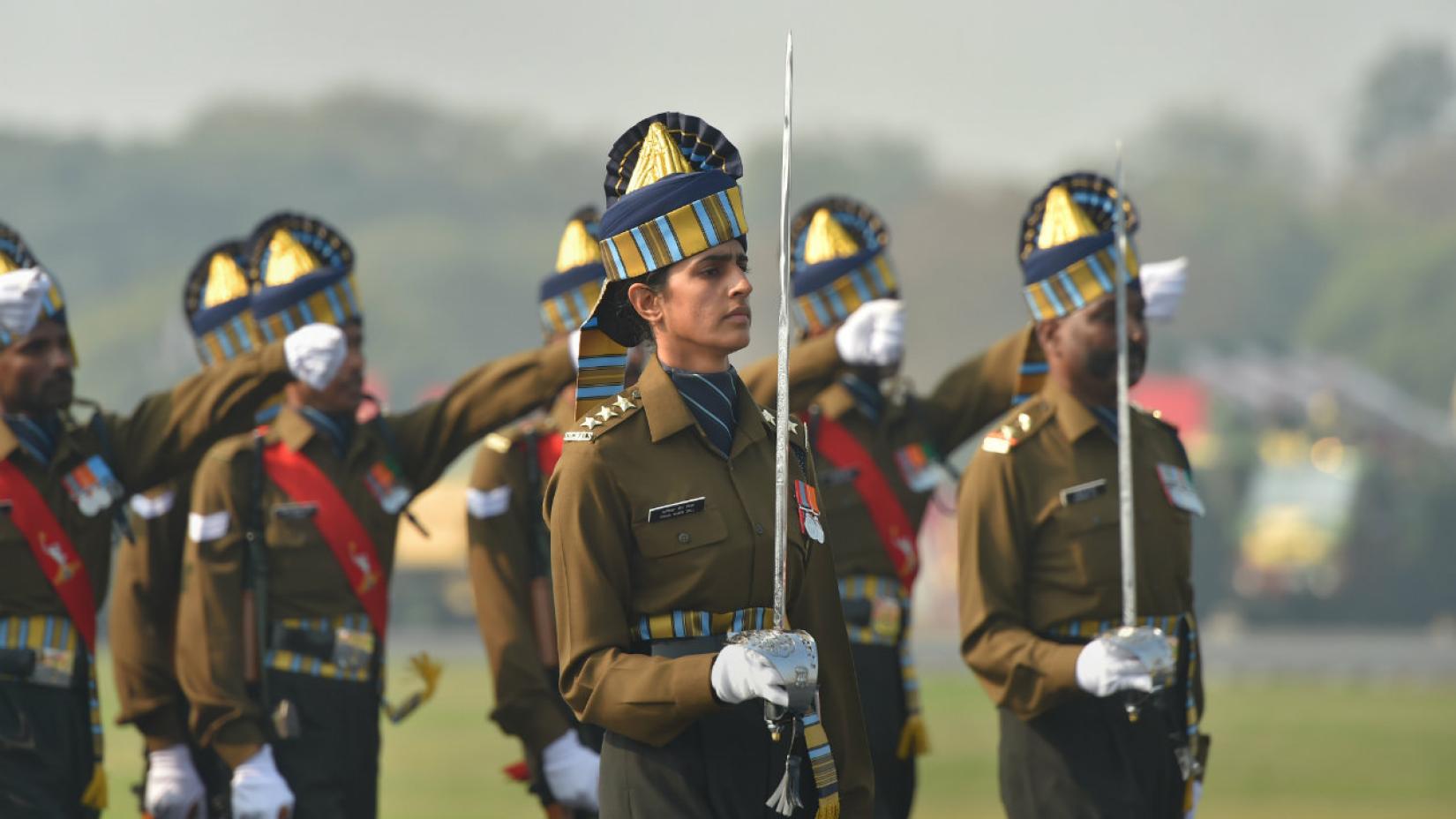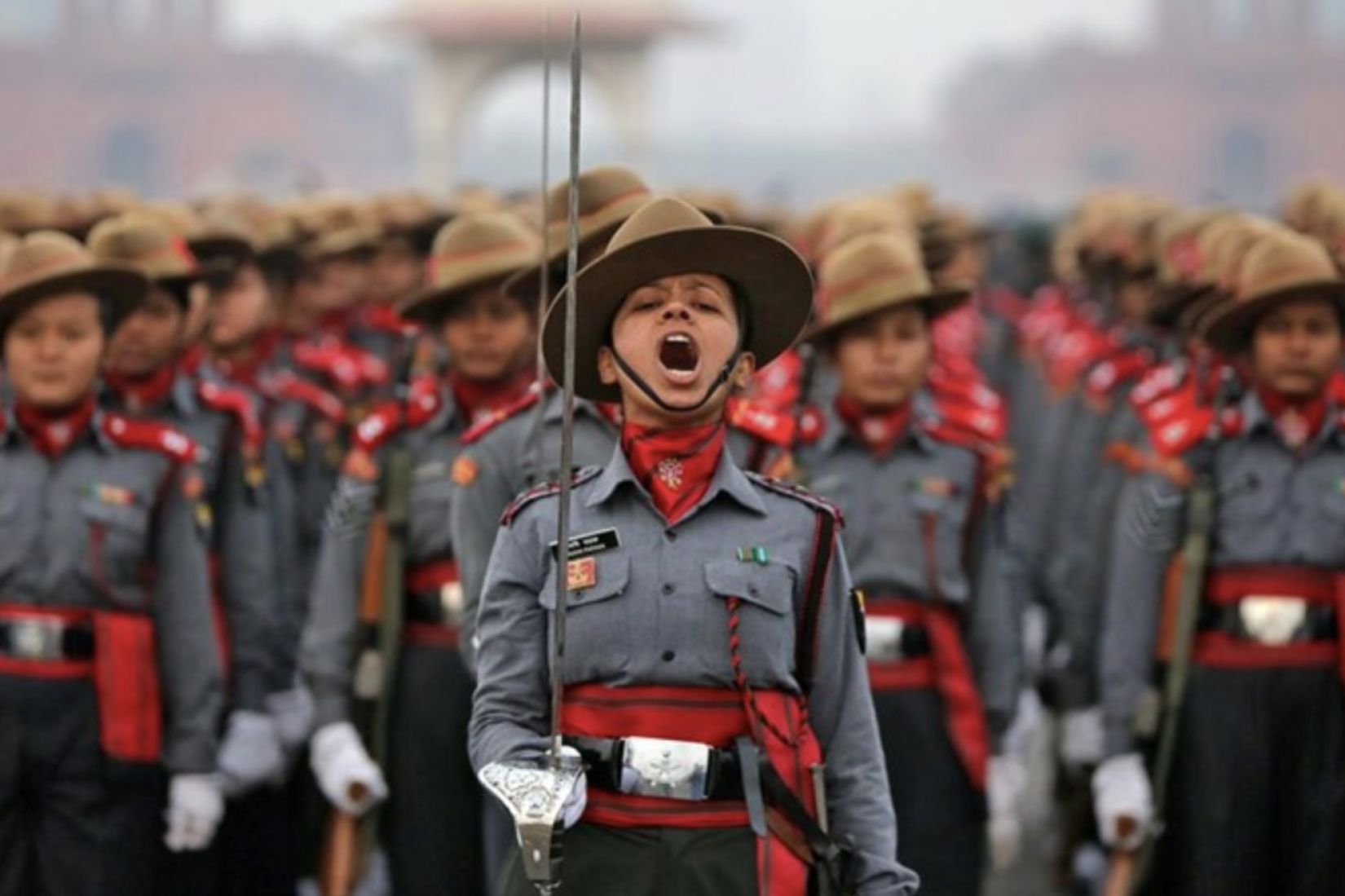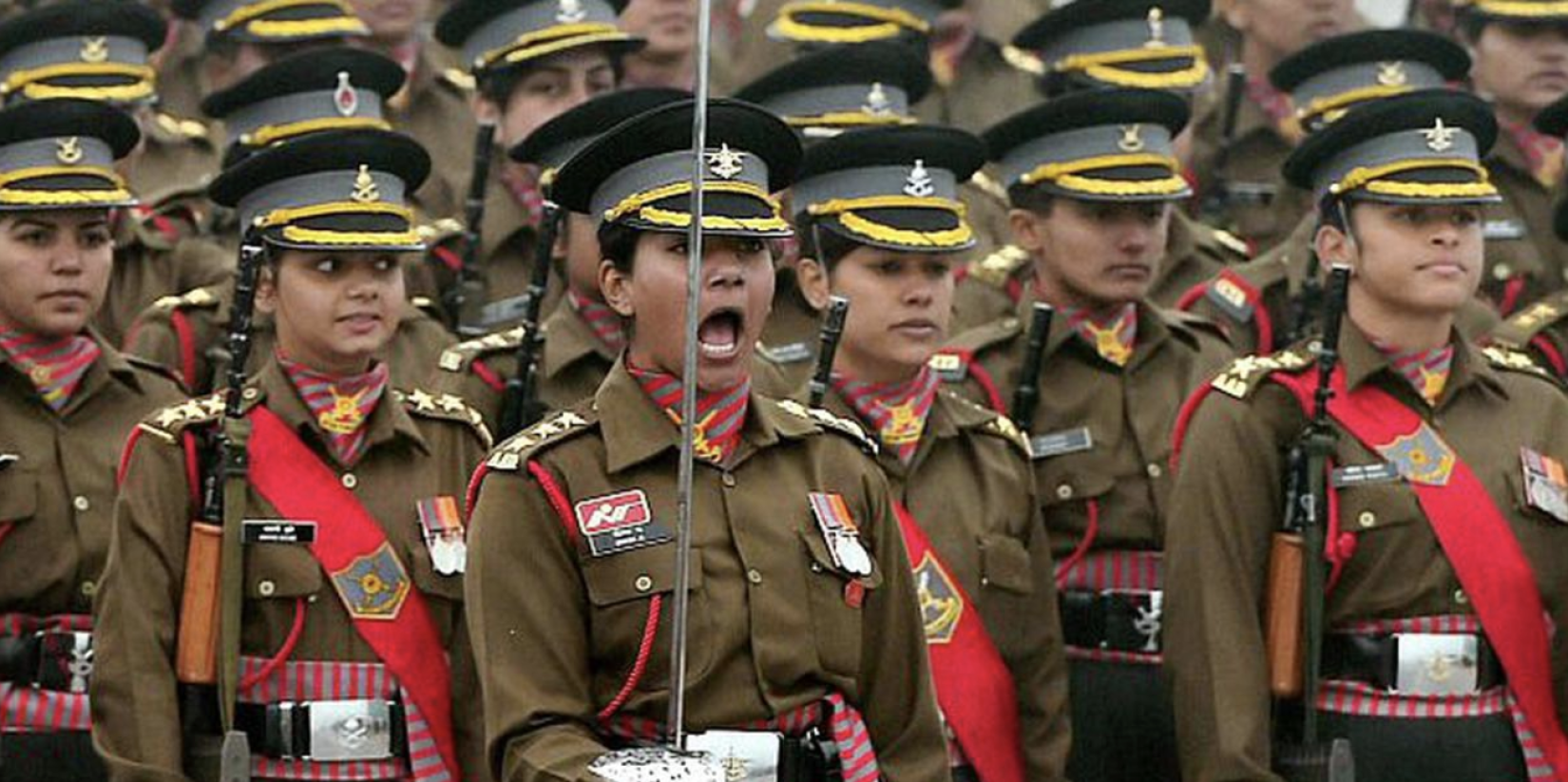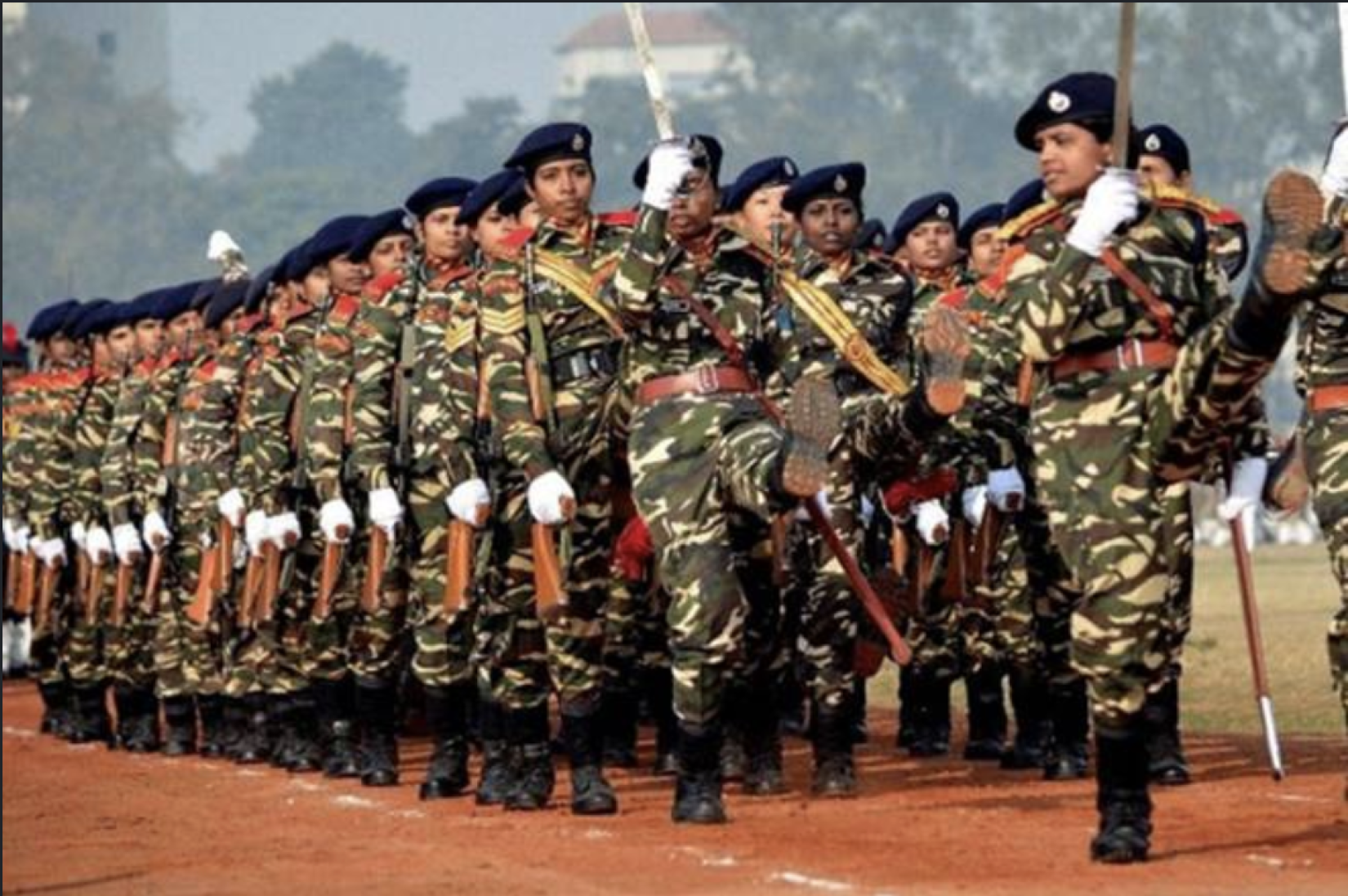Time for Indian Army to Give Nari-Shakti Their Due

[caption id="attachment_21980" align="alignnone" width="1280"] Image credit: Moneycontrol[/caption]
We grew up hearing tales of valour of women warriors…

We grew up hearing tales of valour of women warriors like Jhansi ki Rani, Kittur ki Rani Chinnamma, Razia Sultana, Chand Bibi, Bibi Dalair Kaur, and more. Historically, India took pride in bravery displayed by women, when called upon to do so, when their kingdom was in peril. This slowly stopped with the context of wars overseas, coupled with our social context. That was also the case with militaries across the world. Post World War Two, most militaries started inducting women in differing numbers and varying roles.
Indian army inducted women in the Army three decades ago, albeit as officers only and for a short duration of five years initially, which gradually increased to fourteen. In my experience, women officers perform just as well as their male counterparts. It's only natural that they would have aspirations for growth. For that, they needed to be in the army for longer durations. But army would retire them at 14 years which would not even entitle a woman officer a pension. That was patently unfair to a person in mid-thirties, who would be hard put to start afresh in another career at that age and stage. So, on orders of courts, army started allowing women to serve till pensionable service. But they were not made Commanding Officers of their units or sub-units, like their male counterparts. They were posted to other suitable assignments.

After a long-standing and strongly contested legal battle, the Supreme Court has ruled this week that women officers must be given command assignments too, like any other officer, in the arms and services (branches of army) they form part of. It has also directed that permanent commission should be granted to the willing officers in ten non frontline combat branches. It was earlier restricted only to two, namely Judge Advocate General Branch and the Army Education Corps.
All countries have had their own problems as far as terms of service of women in army are concerned. The courts have had to give us a nudge too, a couple of times. Now is the time for Indian Army to show maturity and give Nari-Shakti their due. As I mentioned earlier, I've come across some women officers whose performance has been exemplary. As a Corps Commander in Srinagar, I was particularly impressed by Lt Col Ritu Sharma of my HQ, and used to call her a 'bubble of energy'.
Too much public attention is focused on what will happen if an army woman is captured by the enemy during war. Firstly, women officers are still not in frontline combat arms. That does not obviate the risk, it only lessens it. Yet, I am not advocating for a moment that women officers should not be posted to forward field areas. They could be posted to such places selectively. Otherwise, their male colleagues will grudge their cushy postings. That's the last thing we want, a hostile atmosphere for the female gender. But I've known women to do well in tough places too. When I was a Brigade Commander in Poonch, an absolutely frontline location very close to LoC in J&K, the Brigade Education Officer in my HQ was Capt Nisha Vats, and she willingly sought more responsibility than her brief, and acquitted herself admirably. That I could recall her name after 12 years bears testimony to the fact.

Supreme Court has given repeated rulings on this issue over the years. It's my considered suggestion that Indian Army takes it upon themselves that we won't need the nudge again. It's time Indian Army embraces the courts' decision with alacrity. Let's change our mindsets about men working under women officers. Indian Army soldiers are a disciplined breed and will do so willingly, if led well. To that extent, we need to ensure that women officers are selected for promotion as per their merit and by the same stringent method as male officers.
It will also be a good time to learn from the example of Central Armed Police Forces, where one third seats are reserved for women, and women do rise to high posts in command, braving tough areas successfully. The recent induction of women soldiers in military police is a welcome step, and should be expanded upon, in time. When there are women in soldiers ranks, it becomes easier to find acceptance for them in positions of command. Such is the case with most armies, whose examples keep getting quoted.

As the first Chief of Defence Staff (CDS) is recently in place, and major restructuring will take place over next few years, we are living in momentous times. I am confident Army will take pride in women officers commanding troops with dignity. And I am confident that women will acquit themselves well, as ever.
Before signing off, allow me to point out that there has been such bitter resistance to integration between three services for decades. Less than two months have elapsed after a CDS has been appointed, and there's already enthusiasm to integrate. Similarly, let's be encouraging and enthusiastic about women's role in army, and Nari-shakti will prove equal to all challenges.
Lt Gen Satish Dua was a former Corps Commander in Kashmir and retired as Chief of Integrated Defence Staff

















